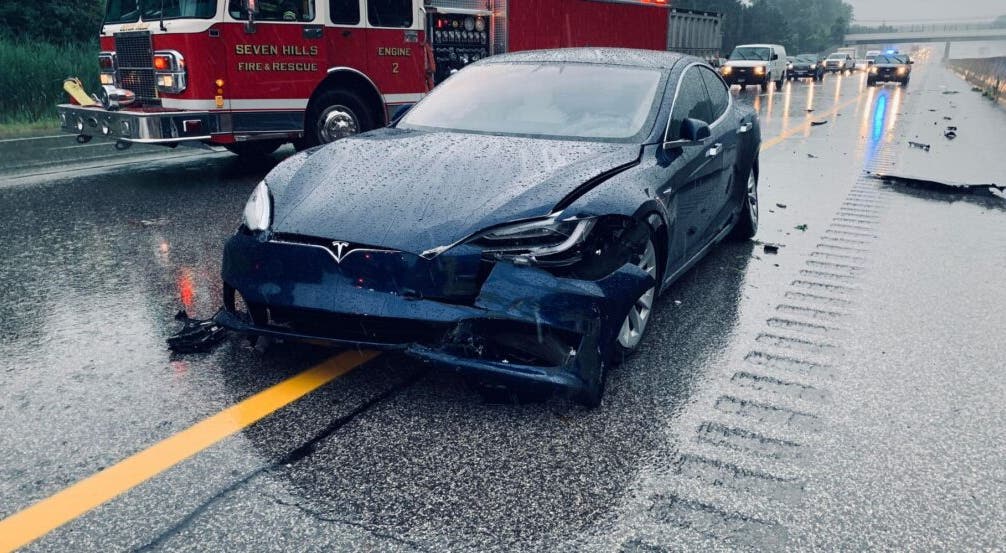Elon Musk's Tesla Wants Apple's Help In Defending Fatal 2018 Autopilot Crash, Family Of Victim Hit Back At Secret Discovery 'Work Around' Apple, Tesla, The Verge, Elon Musk, James Harding, Huang's family, Autopilot system by https://www.benzinga.com/

AI Insights:
Simple Explanation:
A man named Huang was driving a Tesla car with a special feature called Autopilot that helps drivers control the car. But one day, he had an accident and sadly died. His family said it was because he was playing a video game on his iPhone while driving, but Tesla says that's not true. They say he wasn't paying attention to the road at all.
Tesla wants Apple, who makes iPhones, to help them prove that Huang wasn't playing a game. But the family doesn't like this and thinks Tesla is trying to trick them. The people in charge of the court case will have to decide who is telling the truth. This is important because it could change how other people use Autopilot and if they get blamed for accidents.
Read from source...
Critical Perspective:
- The title is misleading and sensationalist, implying that Tesla is actively seeking Apple's help to defend the crash, rather than being a part of the discovery process. A more accurate title could be "Tesla and Apple Involved in Legal Dispute Over Fatal Crash Victim's Smartphone Use".
- The article focuses too much on the details of the game and the family's accusations, while neglecting to provide a clear and balanced overview of the case. For example, it does not mention that Tesla is trying to prove that Huang was distracted by the game, or that the family disputes this claim.
- The article uses emotional language and phrases such as "fatal 2018 Autopilot crash" and "family of victim hit back" without providing any context or background information on the case. This creates a negative tone and bias towards Tesla and Apple, while ignoring other perspectives and possible explanations for the incident.
- The article does not mention that this is not the first time Tesla has faced legal challenges related to its Autopilot system, nor does it provide any analysis or commentary on the implications of these cases for the company's reputation and future development. For example, it does not discuss how the previous cases have affected consumer trust or regulatory oversight of autonomous vehicles.
Sentiment Analysis:
Negative
The article discusses a legal case involving Tesla and a fatal Autopilot crash in 2018. The family of the victim is accusing Tesla and Apple of trying to "circumvent the discovery process" by presenting evidence that contradicts their claim. This case could set a precedent for Tesla's ongoing legal strategy to attribute Autopilot-related crashes to driver distraction. The article also mentions other past legal battles involving Tesla and its Autopilot system, which have had mixed outcomes. Overall, the sentiment of the article is negative as it highlights the controversy and potential liability surrounding Tesla's Autopilot technology.